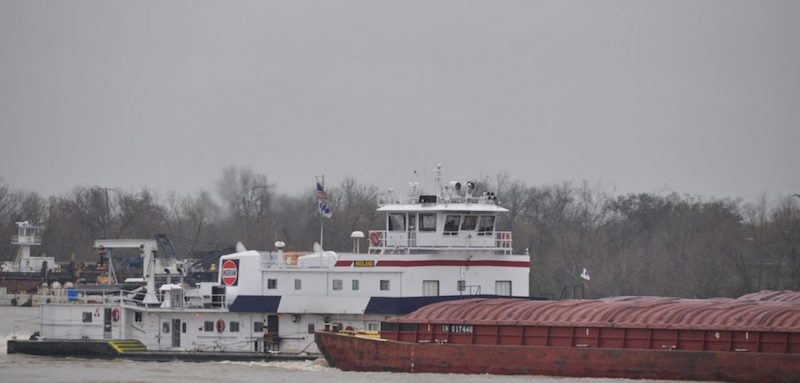The American Waterways Operators applauds the recent passage of H.R. 6395, the National Defense Authorization Act (NDAA). For AWO and the domestic maritime industry as a whole, H.R. 6395 is one of the most significant laws to be enacted by Congress in many years.
The bill includes a landmark provision that affirms the application of U.S. laws, including the Jones Act (the law requiring that vessels transporting cargo between two U.S. ports be U.S.-built, -owned and -crewed), to renewable energy development on the Outer Continental Shelf. The legislation eliminates the uncertainty that had been created by conflicting federal agency interpretations and paves the way for significant new investment in U.S. vessels, and jobs for U.S. mariners, to serve the burgeoning offshore renewable energy market.
H.R. 6395 also brings much-needed reform to the administrative process for issuance of Jones Act waivers by clarifying that a national defense waiver must be tied to a legitimate national defense need, establishing strict time limits on non-defense waivers, and increasing transparency by requiring public reporting on any foreign vessel using such a waiver to operate in U.S. domestic commerce.
Other key provisions for the tugboat, towboat and barge industry include the establishment of the Maritime Transportation System Emergency Relief Program, codification of requirements for harbor tugs engaged in limited operations beyond the Boundary Line and a time-limited directive to the Coast Guard to establish differentiated inspection user fees for towing vessels using the Towing Safety Management System and Coast Guard options to comply with Subchapter M towing vessel safety regulations.





